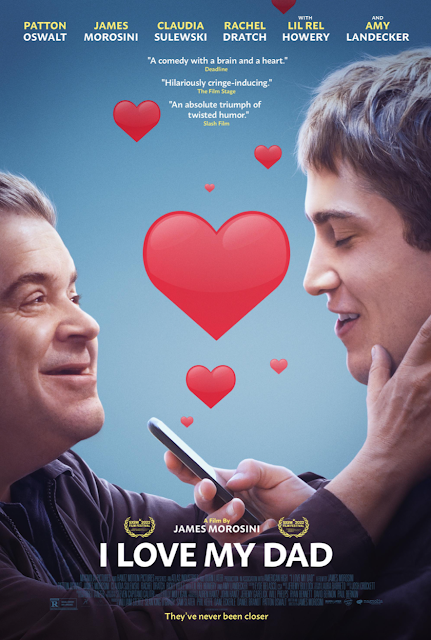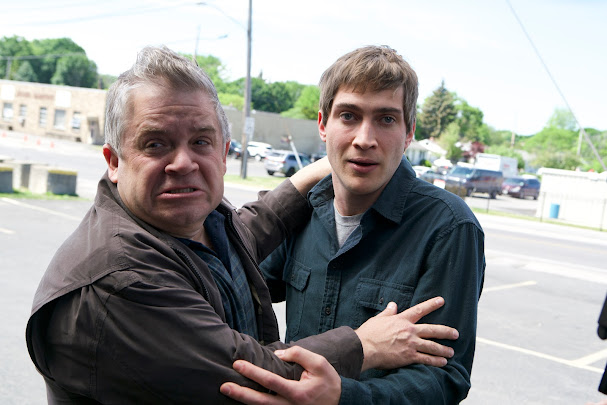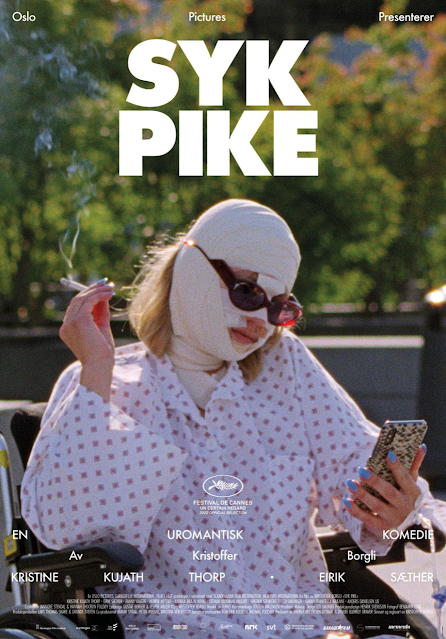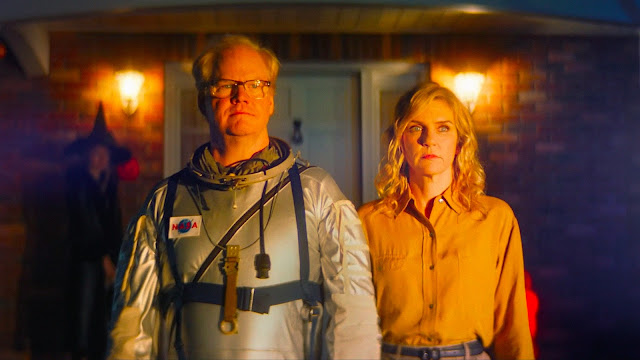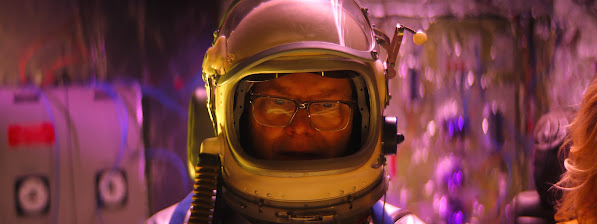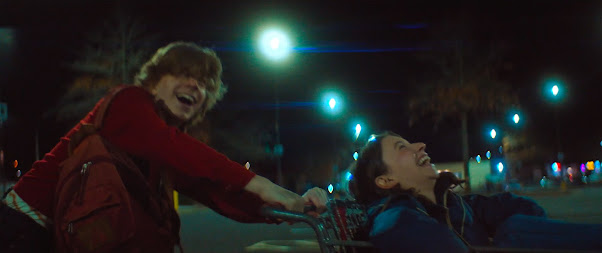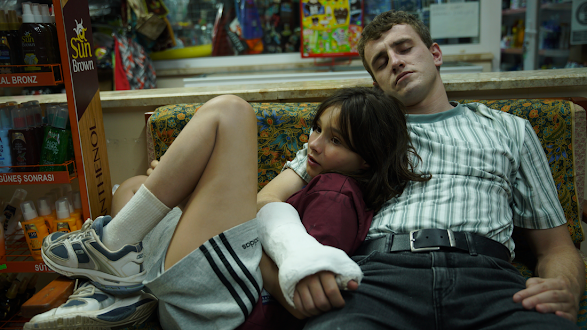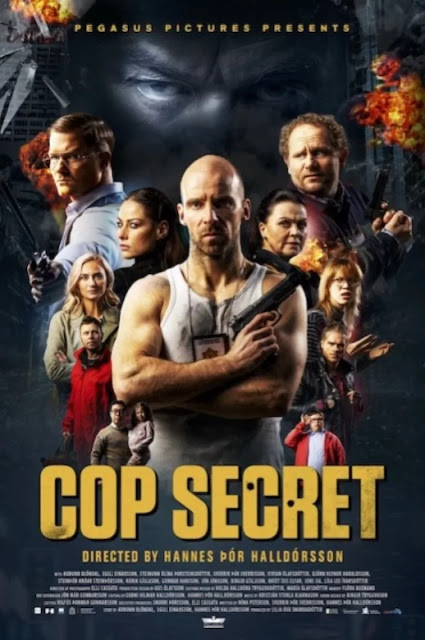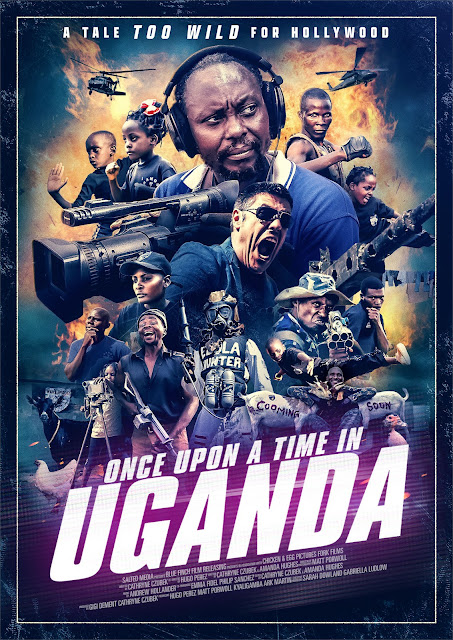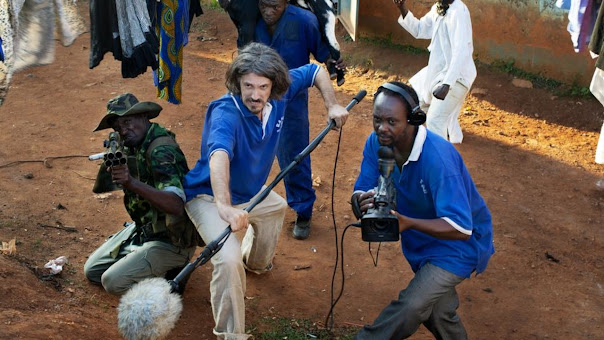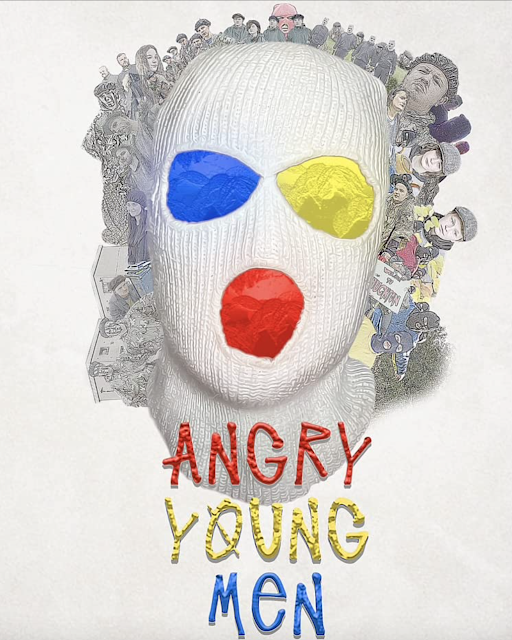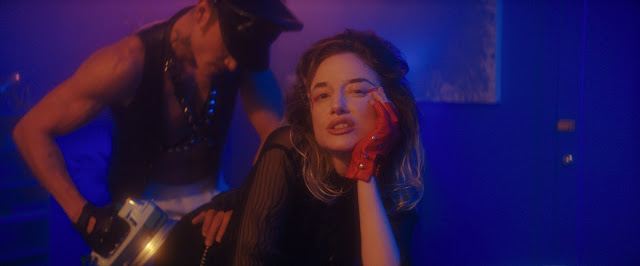Starring the always excellent Stephen Graham as a head chef having the worst night of his career, Philip Barantini's Boiling Point is now out on a limited edition blu-ray from Second Sight.
Set over the course (or is that three courses?) of one disastrous evening and filmed in one continuous take, Philip Barantini's tense, real-time thriller - expanded from his short film that also starred Graham as head chef Andy - is a masterclass in stacking problems on the shoulders of its main character and then waiting for him to buckle. As Andy's problems go from bad to worse, with family issues, a damaging EHO visit and the news that celebrity chef and his former mentor Alistair Skye (a delightfully weaselly Jason Flemyng) will be dining that night, tempers and temperatures flare up and harsh truths are spoken between the staff. It's like watching a pile of plates getting progressively higher, knowing that when it comes down it's going to be with an almighty crash.
Shot by cinematographer Matthew Lewis, the single unbroken camera shot (no sneaky edits here) glides around the kitchen and between the tables in the restaurant, eavesdropping on the kitchen and front of house teams, quickly laying bare all the micro-aggressions and rivalries that exist between them. And that's before we get to the rude, demanding customers whose snobberies and prejudices are presented as an amuse-bouche for the waiting staff to enjoy with a smile, waiting to see what demands they'll serve as a main course. Barantini's script (co-written with James Cummings) contains so many delicious morsels of nightmare fuel that anyone who's ever worked with serving the general public will find all too familiar - even when it reaches its dramatic extremes. It's absolutely recognisable that a customer will be passive aggressively racist to a member of staff, and when they send their food back to the kitchen for the member of staff to be told by the kitchen that it's their fault; or for the front of house staff to promise more (in this case, a group of obnoxious influencers who want to order steak and chips that aren't on the menu) than the kitchen is able to deliver. It's in these wince-inducing moments that the film is at its heart-pounding best.
It's near impossible to take your eyes of Stephen Graham, wearing the weight of his troubles across his face, but all the main cast (Ray Panthaki, Jason Flemyng, Hannah Walters, Alice Feetham and especially Vinette Robinson as sous chef Carly) give fantastic performances in a film that packs an almost unbearable amount of tension into its 92 minutes runtime. Even when there's brief interludes that focus on the side characters (presumably to allow the main cast to take deep breaths before diving back into the story), we're never far from the chaos and heat of the kitchen.
Filmed at Jones & Sons, a real restaurant in Dalston, Boiling Point is an impressive technical achievement that steers clear of the flashier camera work of other one shot films (Gasper Noe's Irreversible and Climax, for example) to deliver something more raw, frenzied and real world. And even if it's pretty clear early on where some of the main plot threads are headed, that only adds to the feeling of impending doom in this pressure cooker atmosphere. Like working a shift from hell where you hit the ground running and don't stop for two hours, knowing that you have no choice but to soldier on regardless, Boiling Point is tense, dramatic and all too relatable.
Verdict
4/5
Released in the now customary 'rigid slipcase' that make all Second Sight releases absolute shelf porn for any collector, the only real disappointment in the special features is the absence of Stephen Graham from the commentaries, and the choice to not include the original BIFA nominated short film, although there's plenty of snippets in the thorough making of featurette.
Special Features
- Commentary with producers Hester Ruoff, Bart Ruspoli and writer James Cummings
- Commentary with actors Ray Panthaki and Jason Flemyng
- Boiling Over: An interview with producer Hester Ruoff
- Pot Boiler: An interview with producer Bart Ruspoli
- Simmering Steady: An interview with writer James Cummings
- The Making of Boiling Point
Limited Edition also includes -
- Rigid slipcase
- A 70 page book with new essays by Howard Gorman, Clarisse Loughrey and Christina Newland, plus interviews with cinematographer Matthew Lewis by Matthew Thrift
- Collectable art cards





.jpg)
.jpg)
.jpg)
